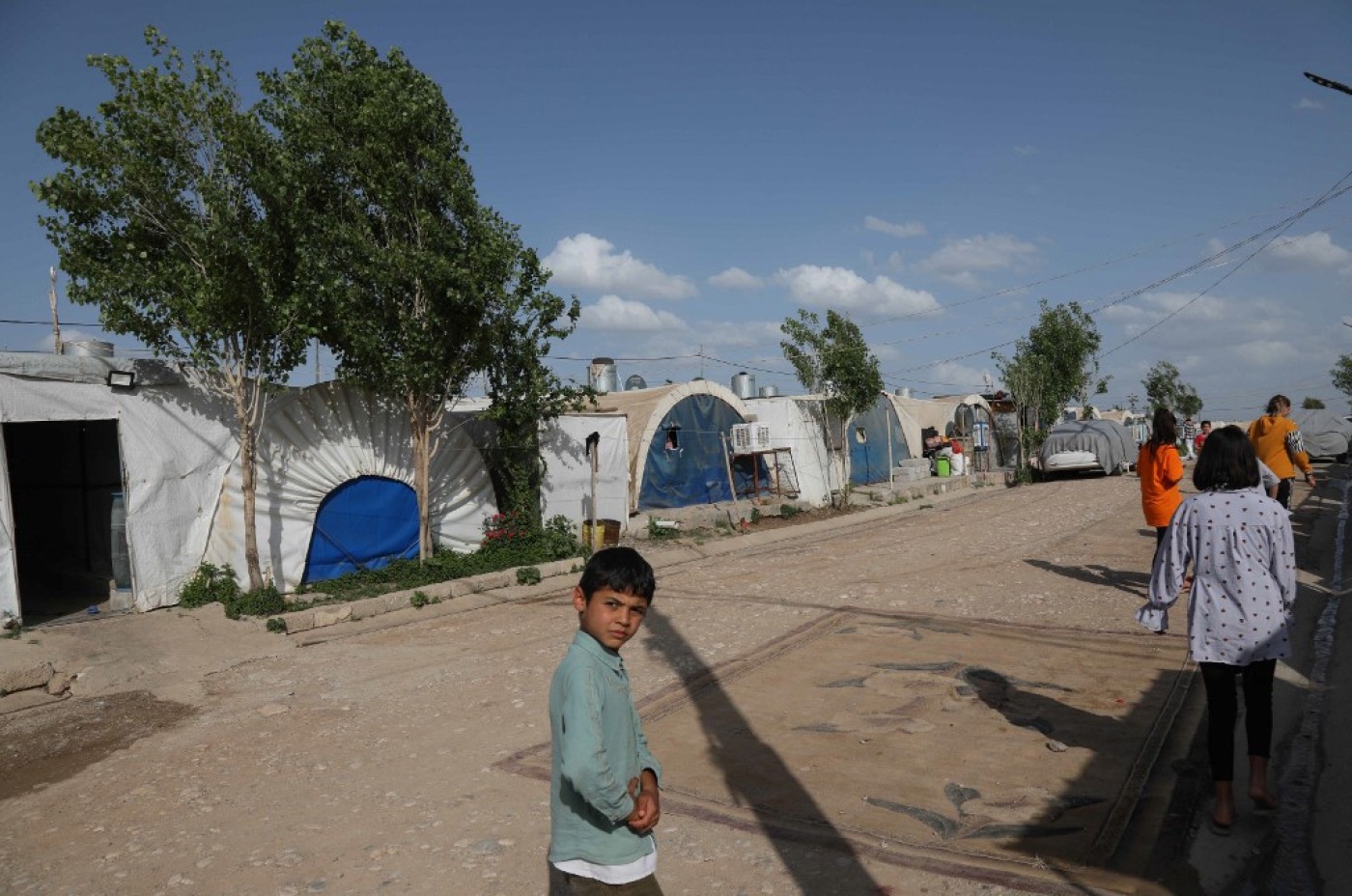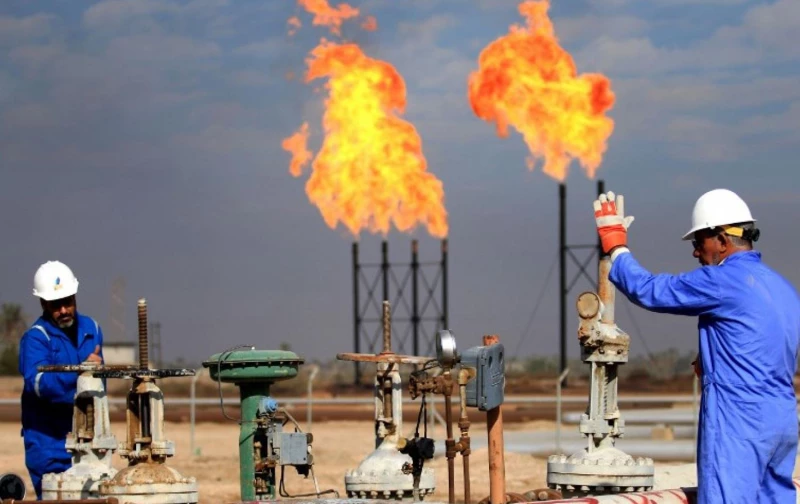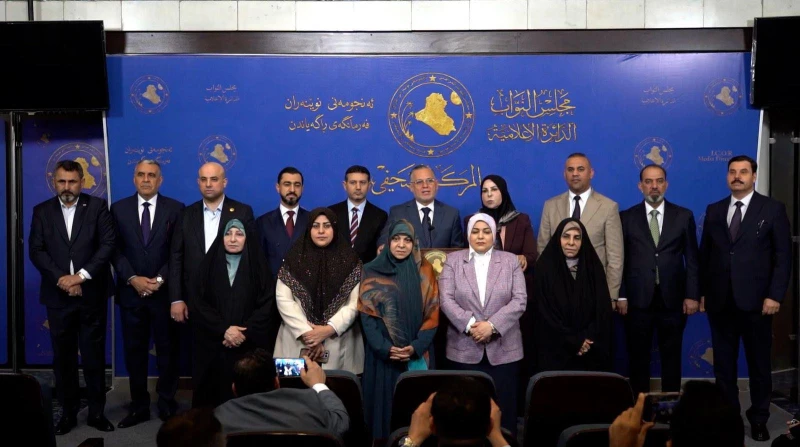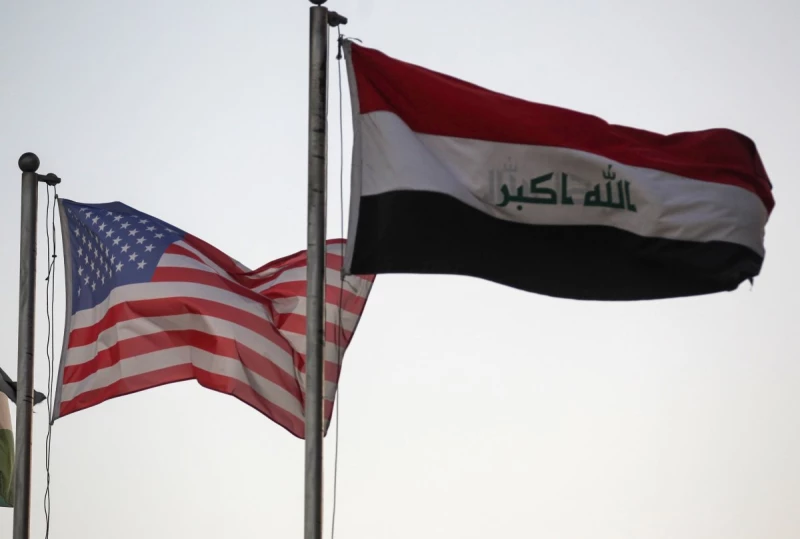There are around one million IDPs in and outside camps across Iraq, the Iraqi parliament’s Committee on Migration and Social Reconciliation said on Sunday.
Committee member Sharif Suleiman told Iraqi state newspaper on Sunday that “the committee is monitoring the conditions of displaced families inside and outside the camps,” noting that “the number of displaced people outside the Kurdistan Region camps exceeds those living within them.”
He added that “the total number of displaced persons ranges between 800,000 and one million throughout the country, with some residing in the Kurdistan Region's camps and others in Nineveh, Anbar, outskirts of Baghdad, and other provinces.”
Suleiman emphasized that “the committee is working to improve the conditions of the displaced to enable their voluntary return to their original areas,” highlighting that “ending their suffering is one of the main objectives of the parliamentary committee at present.”
Ali Abbas Jahakir, the official spokesperson for the Ministry of Migration and Displacement, told Iraqi state newspaper that “the ministry is working to resolve the displacement crisis in ways that align with the government program and the national plan for voluntary return.”
The Iraqi Ministry of Migration and Displacement has announced the continuation of registration for voluntary return to close displacement camps in the Kurdistan Region by the scheduled deadline of July 30.
To motivate people to return, the Iraqi Ministry of Migration and Displacement on January 2024, offered aid and incentives, such as a one-time payment of four million Iraqi dinars per family, potential government employment, social security benefits, and interest-free loans for small businesses.
Human Rights Watch (HRW) published a report on May 13, saying that the closing of the camps in the Kurdistan Region “will imperil the rights of many camp residents from the northern Sinjar district.”
The Kurdistan Regional Government’s (KRG) Interior Ministry reports that the 23 camps throughout the Kurdistan Region currently accommodate around 157,000 individuals, many of whom originate from Sinjar.



 Facebook
Facebook
 LinkedIn
LinkedIn
 Telegram
Telegram
 X
X


